RELATIONSHIP COUNSELLING
Helping couples build communication, resilience and trust
Relationships can be difficult sometimes…
Interpersonal relationships may be based on love, regular interaction, inference or solidarity, and may be brief or enduring. All interpersonal relationships can have a profound impact on a person’s overall wellbeing. How connected a person feels to those around them has a significant impact on physical and mental health.
Feeling isolated or disconnected from other people can have a negative impact on brain function. Chronic loneliness can lead to a decrease in energy, vitality, level of happiness and general satisfaction in life, as well as an increased risk of developing general cold and flu and more serious illnesses such as heart disease and diabetes.
Important relationships include:
Romantic relationships
People in romantic relationships often spend a great deal of time and intimacy with one another. This can be the most rewarding aspect of being in a relationship, but it also involves being vulnerable in a way most unlike other relationships. Sometimes conflict is unavoidable in such close relationships, however if it’s not dealt with in a healthy and sensitive way, it can lead to a very painful relationship breakdown and have an impact on a person’s trust in future relationships. Sadly, many couples do not seek help until later in the game, when the end of the relationship may be inevitable.
Work relationships
According to research, workplace relationships have the power to help or hinder a person’s ability to succeed. Work can take up 50+ hours of a person’s week and therefore developing healthy relationships in the workplace is important for wellbeing. When people in the workplace have different opinions, values, personalities and this is not dealt with in a healthy way, conflict can be damaging. In some cases, learning conflict resolution skills can help.
Family relationships
Healthy family relationships involve members working together to feel safe and connected. These relationships involve going through good and challenging times and healthy families pull through challenging times and celebrate good times together. Unfortunately, not all families for whatever reason have this dynamic. People can have different beliefs about what makes a family work from their own experiences growing up and despite good intentions, this may cause conflict between adults impacting the strength of the family unit.
Social relationships
Social relationships are part of the larger social network surrounding an individual. These may include informal relationships, such as friends and community, or formal relationships such as religious institutions or volunteer organisations. Even though sometimes these relationships may not be intimate, they play a role in how socially connected a person feels. Social connection can benefit a person by increasing their health behaviour, provide support and reduce stress. When a person lacks social relationships they can become isolated, which in turn may damage their psychological and physical wellbeing.
Treatment:
Getting professional help for relationships may include working together (in the case of couple’s therapy) or individually to learn healthy communication styles, conflict resolution and build healthy personal boundaries.
The Gottman Therapy method involves learning various strategies to help people develop healthy conflict resolution and increase closeness, respect and affection. These strategies are built on sound principles observed through research. Cognitive Behaviour Therapy (CBT) and Acceptance and Commitment Therapy (ACT) can also help manage the impact of relationship breakdown, loneliness and conflict.
To learn more, book an appointment at The Feel Good Clinic, or get in touch.
or call (02) 9212 5541
Some useful links:
Lifeline
24-hour counselling, suicide prevention and mental health support
Telephone: 13 11 14
Family Relationship Advice Line
For telephone counselling and advice
Telephone: 1800 050 321


